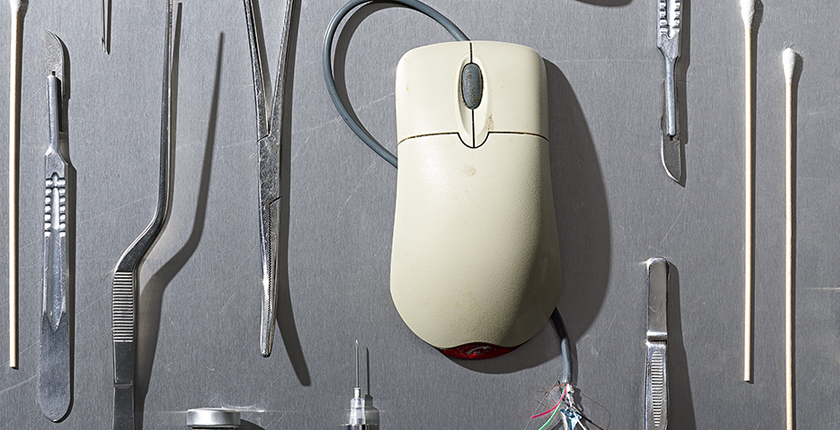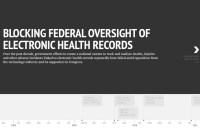As Coronavirus Strikes, Crucial Data In Electronic Health Records Hard To Harvest
The U.S. government spent $36 billion computerizing health records, yet they’re of limited help in the COVID-19 crisis.
New Federal Rules Will Let Patients Put Medical Records On Smartphones
Patients would have far more control over their health care with complete medical histories stored on their phones, proponents say.
Timeline: History Of Blocking Regulation Of Electronic Health Records
Over the past decade, government efforts to create a national system to track and analyze deaths, injuries and other adverse incidents linked to electronic health records repeatedly have failed amid opposition from the technology industry and its supporters in Congress.
Watch: Electronic Medical Records Investigation In Spotlight On C-SPAN
KHN’s Fred Schulte talks on C-SPAN with viewers about errors and other problems with computerized health records.
New Rules Will Ease Patients’ Access To Electronic Medical Records, Senate Panel Says
Sen. Lamar Alexander (R-Tenn.), head of the influential HELP committee, wants to make it easier to share and store detailed medical histories.
FDA Chief Calls For Stricter Scrutiny Of Electronic Health Records
In an interview, FDA Commissioner Scott Gottlieb reacts to a KHN/Fortune investigation of the drawbacks and risks of electronic health records.
Listen: Reporter Describes Breakdowns In Electronic Medical Records
KHN senior correspondent Fred Schulte describes a KHN-Fortune investigation into the massive push to track and share patient health care records.
Five Things To Know About The Electronic Health Records Mess
The U.S. government claimed that ditching paper medical charts for electronic records would make health care better, safer and cheaper. Ten years and $36 billion later, the digital revolution has gone awry.

















